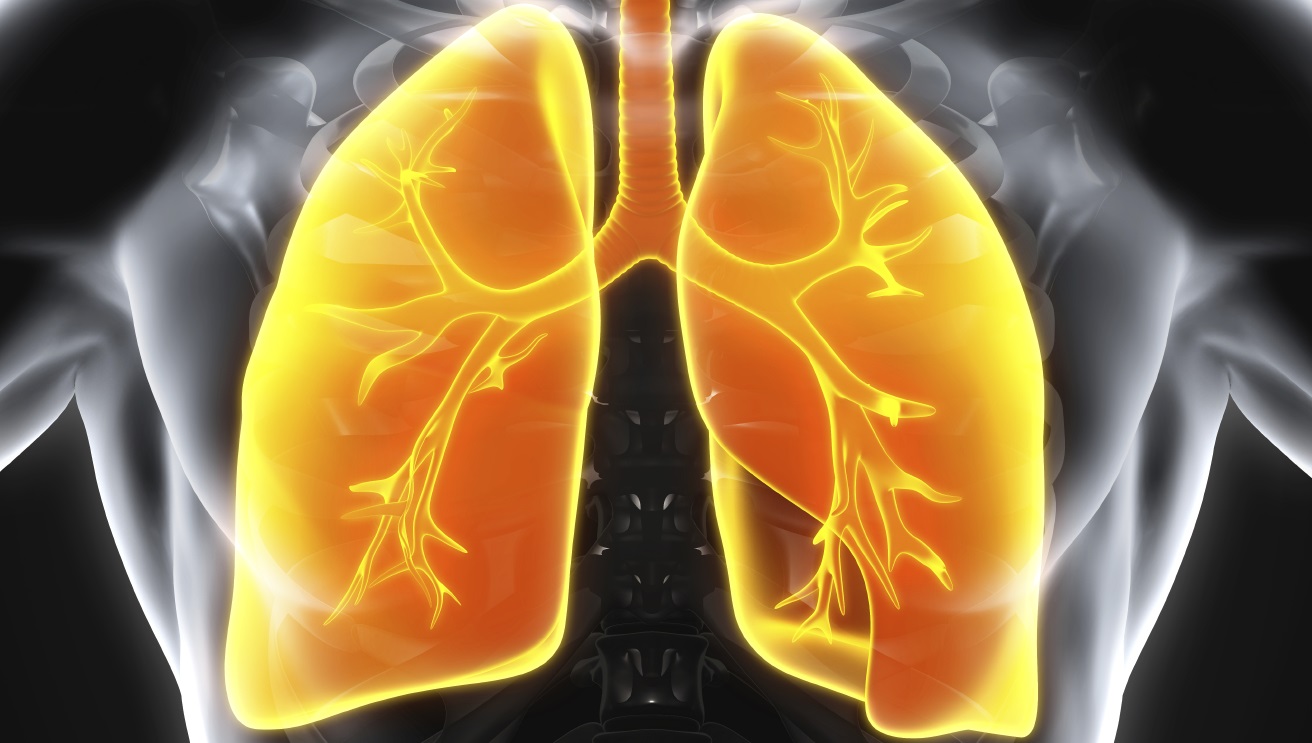Doctors warn pandemic has pushed lung cancer services back 20 years

Governments must act to restore the damage done to lung cancer services during the pandemic in order to reduce further avoidable deaths, according to a report drawn up as part of this week's World Economic Forum in Davos.
The report, Learning Lessons from Across Europe – Prioritising Lung Cancer after COVID-19, highlights how lung cancer progress in diagnosis has been pushed back, with further impact on treatment likely, the longer the pandemic continues.
The document has been developed by the Davos World Economic Forum (WEF) and the Lung Ambition Alliance, in collaboration with AstraZeneca.
According to the report, over 40% of countries surveyed said there has been a complete or partial disruption to lung cancer services due to the pandemic.
Leading experts in health care provision, patient representation, policy and industry from across Europe - France, Germany, Italy, Spain, the United Kingdom - met regularly to discuss the current global healthcare environment and plan for the future in improving the resilience of lung cancer services.
In the UK, referrals to a lung cancer specialist fell by 75% in some areas and in Spain the number of new cancer patients fell by 21% during the first wave of the pandemic compared with the previous year, the report found.
David Baldwin, chair of the UK Clinical Expert Group for Lung Cancer and Mesothelioma and member of the report’s task force, said: “We clinicians are seeing similar late presentations of lung cancer to those that were the norm 20 years ago.
“With disruptions at an unprecedented level, lung cancer patients simply can’t afford to have the clock wound back to where things were.”
Authors made a series of recommendations to restore services in the short and medium term.
The most immediate concerns are ensuring the public has the information to allow people to spot the differences between COVID-19 and lung cancer, and which services to access.
Patients need reassurance that lung cancer services are safe and there needs to be investment in COVID-19 free clinical spaces, backed with communication about how services are kept safe.
There needs to be more public health information campaigns about lung cancer to raise awareness of the signs and symptoms.
In the longer term there needs to be more investment in screening and diagnosis, with authors noting that there is a need for better data at national and local level to assess the impact of COVID-19 on lung cancer services.
Further investment is needed in primary care to ensure patients with suspected lung cancer can be swiftly referred to specialist care, they added.
Arnaud Bernaert, Head of Health and Healthcare at the World Economic Forum said: “Producing and rolling out a COVID-19 vaccine within one year required public-private cooperation on a global scale – it showed what we can do together.
"This report highlights policy priorities that can be put into place so cancer patients can access the care they need.
"The pandemic has strained our health and health systems, but there are lessons that can be applied in parallel with treating COVID-19. We hope that the public and private sectors can work together in the year ahead.”













